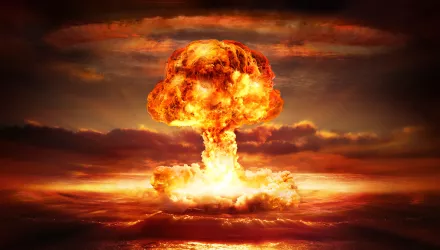China’s Nuclear Arguments: Building a Domestic Coalition for Arsenal Modernization
Around 2019, China embarked on the most significant nuclear modernization program since it became a nuclear power in 1964. Despite extensive scholarly analysis, no consensus has emerged concerning China’s motivations for increasing the size and sophistication of its nuclear arsenal. This article offers a novel domestic politics explanation for the build-up. Relying on the first set of interviews with experts from China’s strategic community since the covid-19 pandemic, as well as original Chinese-language documents, this paper argues that no single factor is sufficient to explain China’s nuclear modernization. Rather, China’s shift in capabilities required the formation of a coalition of domestic actors, each of whom supported it for different reasons. Leveraging theories highlighting the role of veto players in a state’s foreign policy choices, the paper identifies four motivations in favor of the modernization: China’s arsenal survivability, the political leverage that a larger arsenal can provide, influencing conventional conflicts, and historical lessons from the Cold War. It identifies proponents for each of these arguments among key groups involved in China’s nuclear decision-making: nuclear strategists, national security generalists who lack nuclear expertise, the missile force, and top leaders.



